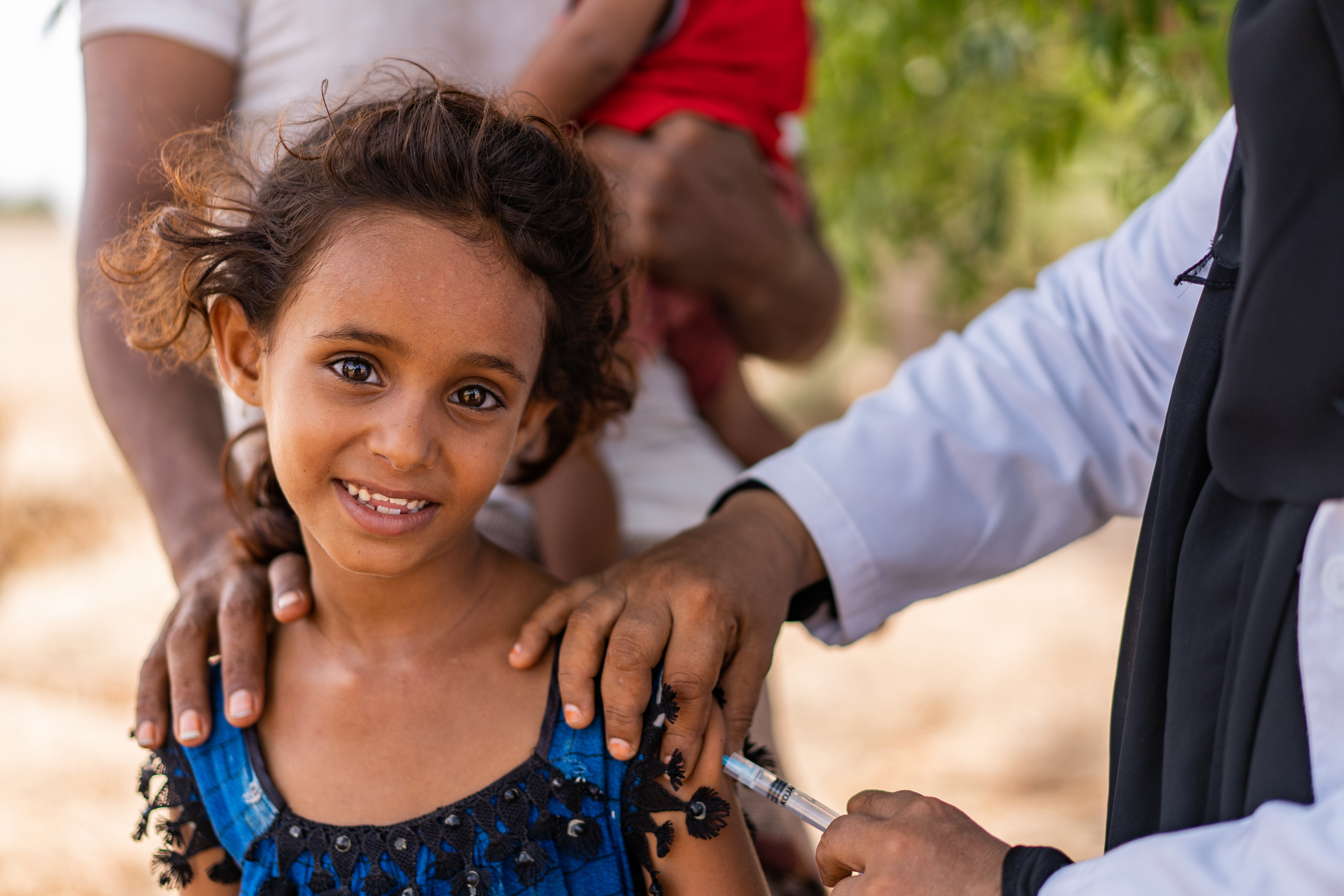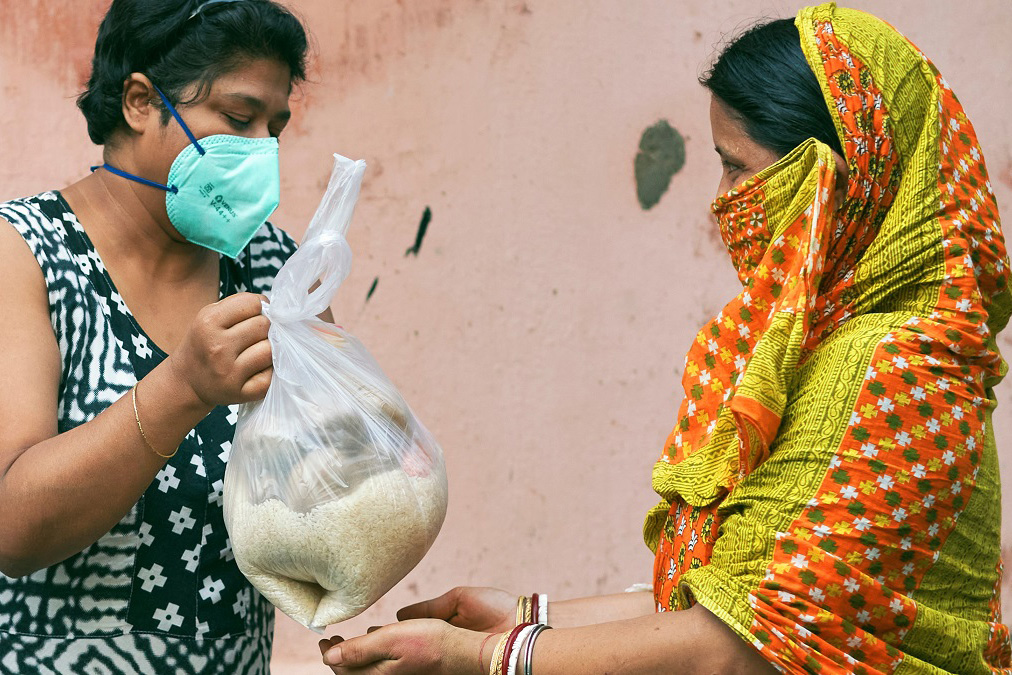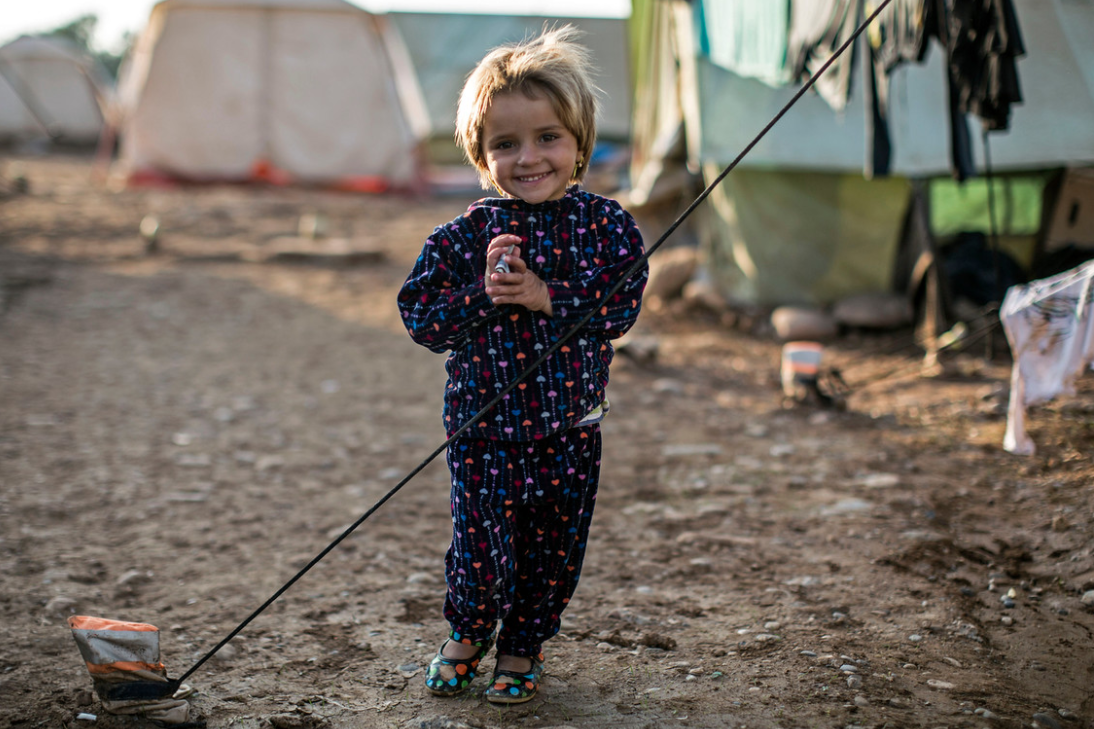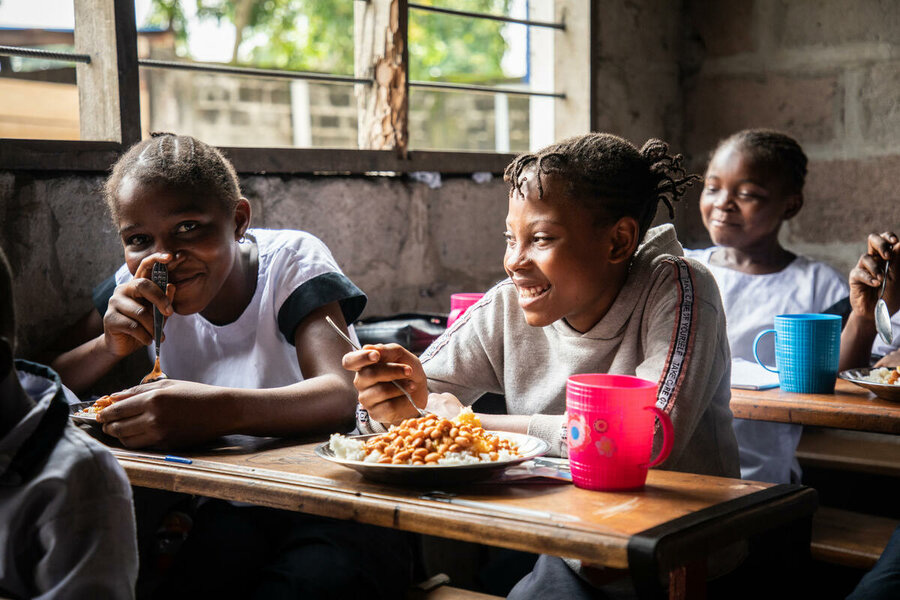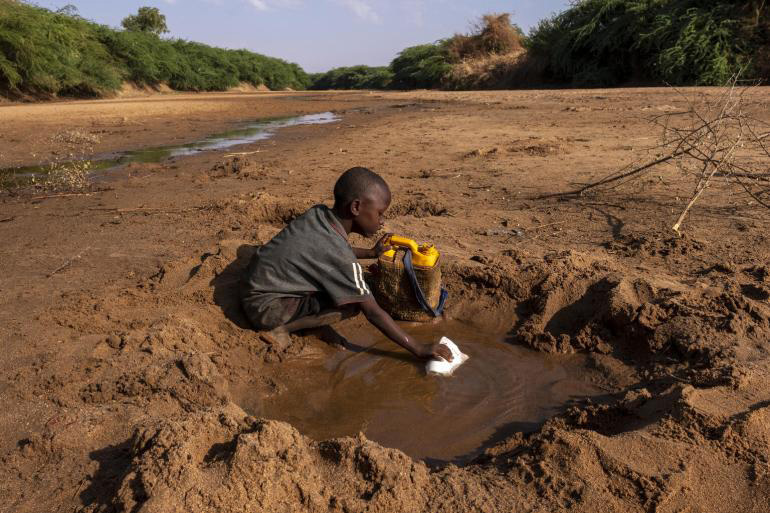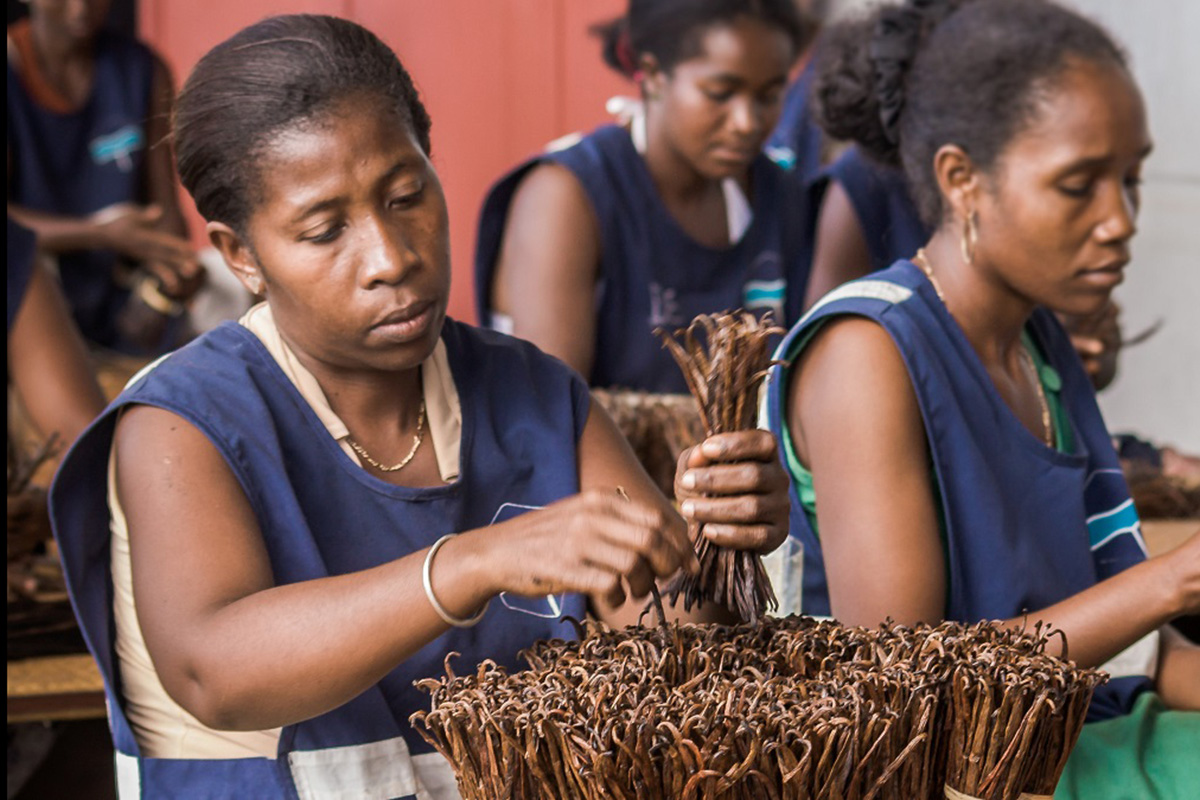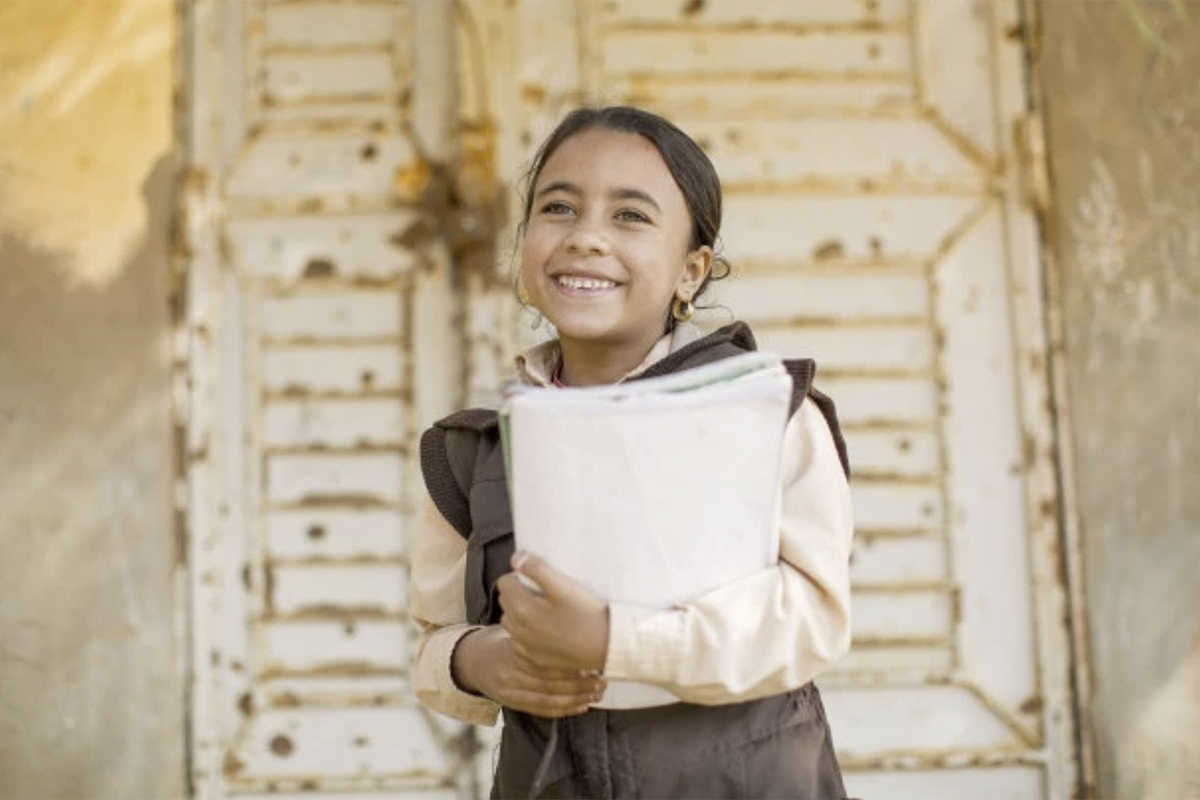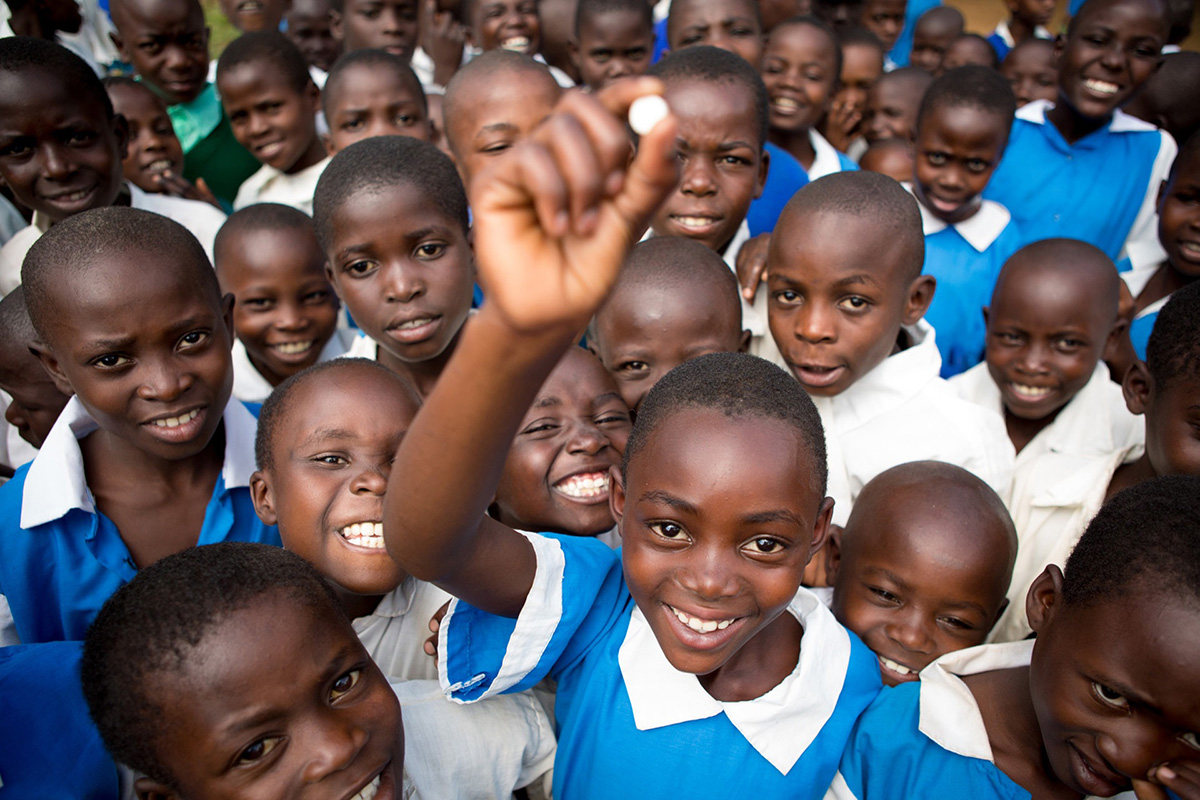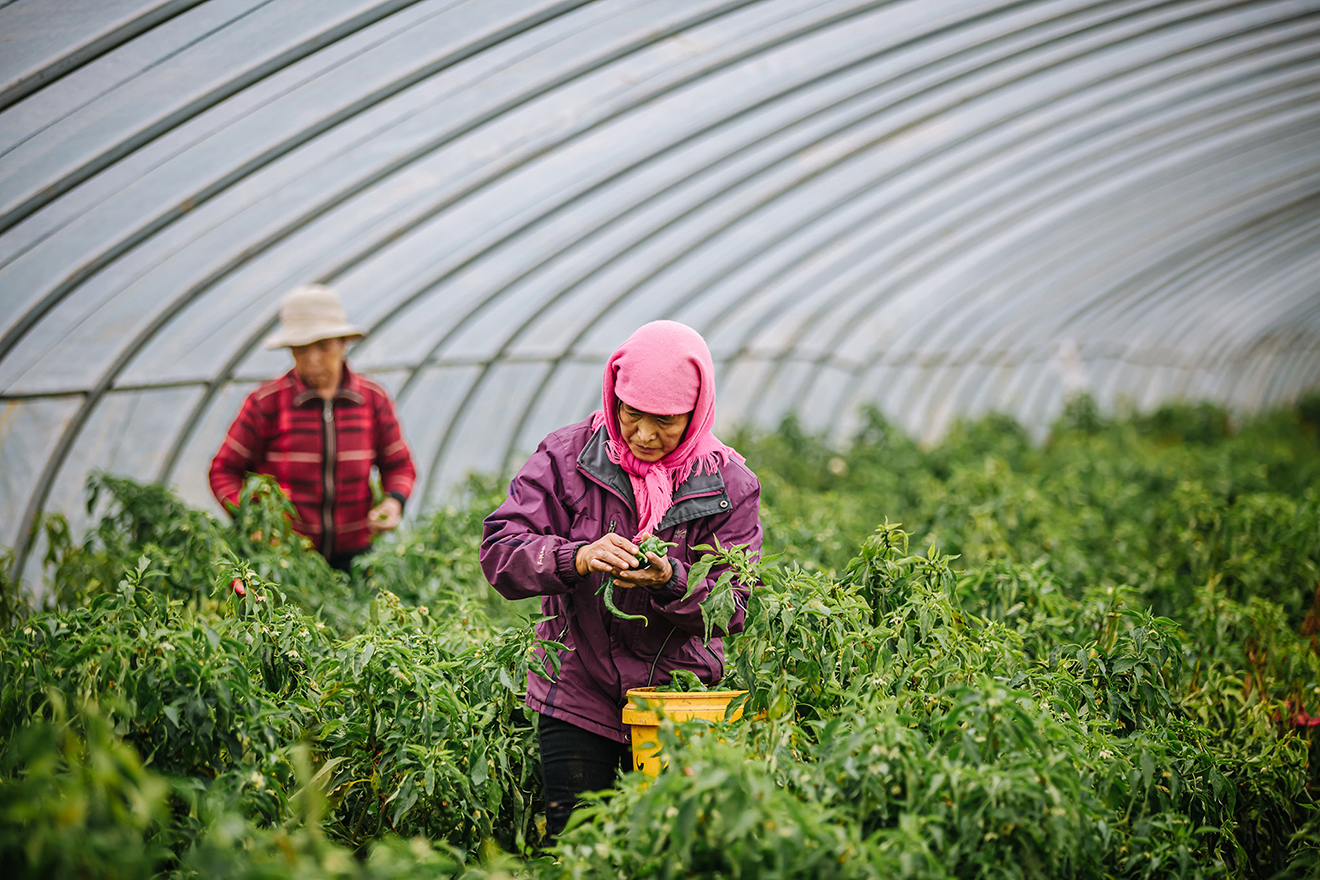The global economy’s gradual recovery from both the pandemic and Russia’s invasion of Ukraine remains on track. China’s reopened economy is rebounding strongly. Supply chain disruptions are unwinding, while dislocations to energy and food markets caused by the war are receding. Simultaneously, the massive and synchronized tightening of monetary policy by most central banks should start to bear fruit, with inflation moving back towards targets. The IMF forecasts in the World Economic Outlook that growth will bottom out at 2.8 percent this year before rising modestly to 3 percent next year.
A red alert for children’s health: Routine immunization coverage dropped sharply during the COVID-19 pandemic. The latest edition of The State of the World’s Children report launched today explores the causes and the steps we must take to make sure that no child is left behind. As the flagship publication of the United Nations Children's Fund (UNICEF), the report was first published in 1980, focusing each year on a key issue affecting children. These have ranged from children with disabilities, conflict and war, child labour, urbanization, and early childhood development.
New data reveals population anxieties are widespread and governments are increasingly adopting policies aimed at raising, lowering or maintaining fertility rates. But efforts to influence fertility rates are very often ineffective and can erode women’s rights, according to this year’s UNFPA landmark report 8 Billion Lives, Infinite Possibilities: the case for rights and choices. As an instrument that highlights emerging issues in the field of sexual and reproductive health, the State of World Population Report 2023 also urges a radical rethink of how countries address changing demographics.
UNCTAD - in its latest Trade and Development Report Update - warns that developing countries are facing years of difficulty as the global economy slows down amid heightened financial turbulence. Annual growth across large parts of the global economy will fall below pre-pandemic levels and well below the decade of strong growth before the global financial crisis. Developing countries are facing a projected foregone income of $800 billion and battling unprecedented levels of debt distress. Global growth in 2023 is expected to drop to 2.1%, compared to the 2.2% projected in September 2022.
More people are currently displaced within their own countries than ever recorded before due to conflict, violence, disasters and the impact of climate change. The number of internally displaced persons (IDPs) has doubled over the last ten years, with women, children and marginalized groups often facing the greatest impacts. Millions of people have remained trapped in displacement for years, some even for decades. The UN Secretary-General’s Action Agenda on Internal Displacement sets out steps to better resolve, prevent, and address internal displacement crises.
Large numbers of people are affected by infertility, according to a new report by WHO. Around 17.5% of the adult population – roughly 1 in 6 worldwide – experience infertility, showing the urgent need to increase access to affordable, high-quality fertility care. The new estimates show limited variation of infertility between regions. The rates are comparable for high-, middle- and low-income countries, indicating that this is a major health challenge globally. Lifetime prevalence was 17.8% in high-income countries and 16.5% in low- and middle-income countries.
School meals programmes are dishing up hope for millions of children at the forefront of the global food crisis, according to a new WFP State of School Feeding Worldwide 2022 report.
190 million children in 10 African countries are at the highest risk from a convergence of three water-related threats – inadequate water, sanitation, and hygiene (WASH); related diseases; and climate hazards – according to a new UNICEF analysis. Many of the worst-affected countries, particularly in the Sahel, are also facing instability and armed conflict, further aggravating children’s access to clean water and sanitation. Across the 10 hotspots, nearly one-third of children do not have access to at least basic water at home, and two-thirds do not have basic sanitation services.
Issues of science, technology, and innovation remain endemic to development, and furthering our understanding of these issues is a core challenge for policy research. Deepening its commitment to this goal, UNCTAD launches the 2023 edition of its Technology and Innovation Report, a flagship publication that this year focuses specifically on what can be achieved by technological innovation by opening 'green windows of opportunity'. The report is built around green innovation - creating or introducing new or improved goods and services that leave lighter carbon footprints.
The report "Bracing for Superbugs" provides evidence that the environment plays a key role in the development, transmission and spread of Antimicrobial resistance.
According to the new WHO progress report, “Global report on neglected tropical diseases 2023”, Neglected Tropical Diseases (NTDs) continue to disproportionately affect the poorest members of the global community, primarily in areas where water safety, sanitation and access to health care are inadequate. Around 1.65 billion people were estimated to require treatment for at least one NTD. However, progress is being made, by the end of 2022, 47 countries had eliminated at least one NTD and more countries were in the process of achieving this target.
5 billion people globally remain unprotected from harmful trans fat, increasing their risk of heart disease and death, a new status report from WHO has found. “Trans fat has no known benefit, and huge health risks that incur huge costs for health systems,” said WHO Director-General, Dr. Tedros A. Ghebreyesus. “By contrast, eliminating trans fat is cost effective and has enormous benefits for health. Put simply, trans fat is a toxic chemical that kills, and should have no place in food. It’s time to get rid of it once and for all.”
Industrially produced trans fat (trans-fatty acids) is commonly found in packaged foods, baked goods, cooking oils and spreads. Globally, trans fat intake is responsible for up to 500 000 premature deaths each year. In 2023, WHO recommends countries focus on: adopting best-practice policy, monitoring and surveillance, healthy oil replacements and advocacy. WHO guidance helps countries make rapid advances in these areas.
COVID-19, the war in Ukraine and resulting food and energy crises, surging inflation, debt tightening, and the climate emergency battered the world economy in 2022. World output growth is projected to decelerate from 3% in 2022 to 1.9% in 2023, one of the lowest growth rates in recent decades, according to the UN World Economic Situation and Prospects 2023. The flagship report of DESA presents an uncertain economic outlook. Global growth is forecast to moderately pick up to 2.7% in 2024 as some of the headwinds will begin to subside, but stronger international cooperation is imperative.


